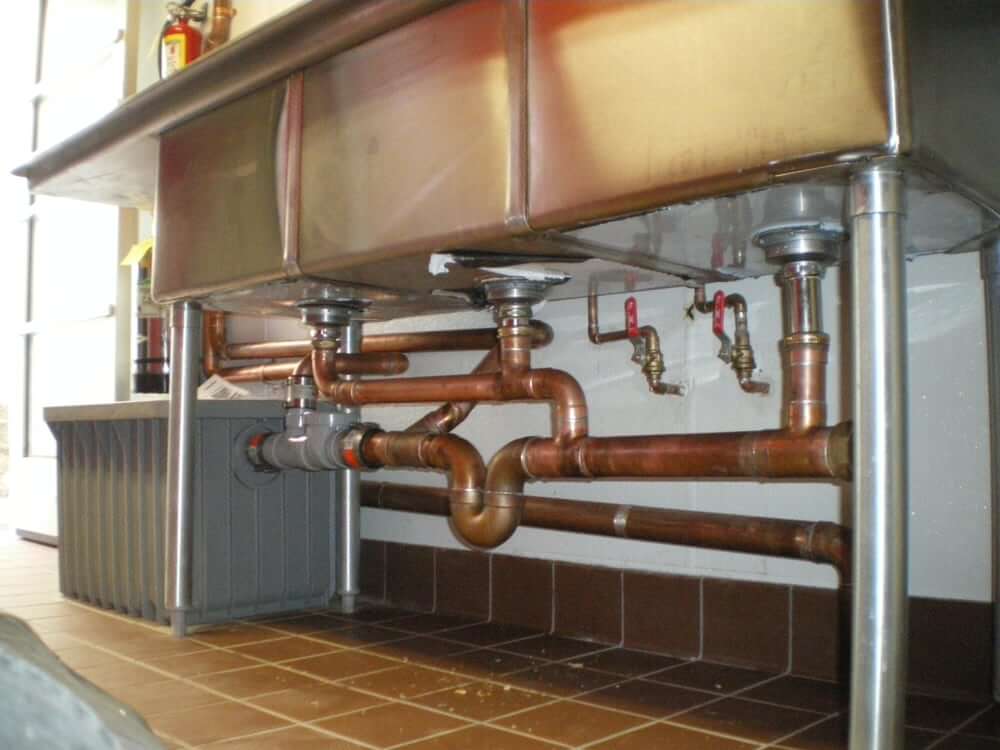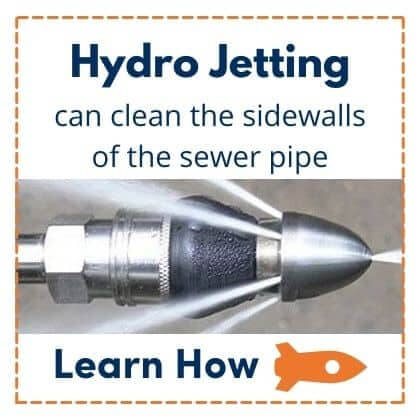Grease Trap Maintenance
It’s estimated that across the United States, millions of dollars are spent each year on unclogging sewer pipes from fats, oils, and greases (FOG) derived from vegetable, plant, or animal sources during cooking. There are two different variations: yellow grease which results from deep-frying, and brown grease that contains FOG that floats or settles into solids.

The annual production of collected grease trap waste and uncollected grease entering sewage treatment plants can range from 800 to 17,000 pounds per year, per restaurant. Both types of grease mentioned above pose substantial environmental consequences when fryer oil disposal is performed incorrectly. Routinely cleaning and maintaining your fryer equipment and grease traps not only helps keep a kitchen a safe and healthy place to cook but also helps preserve local waterways.
How To Avoid Grease Trap Overflows
A report by the EPA to Congress concluded that grease from restaurants, homes, and industrial sources is the most common cause for sewer overflows, accounting for 47 percent of reported blockages. As water from your sink passes through your grease trap, fats, oils, and greases will start to accumulate and make it more difficult for water to drain. By having your trap regularly cleaned, you prevent the trap from overflowing and avoid expensive plumbing bills. Regularly cleaning your trap also reduces odors, which can be off-putting to your customers. Experienced service technicians can help prevent grease trap issues before they even have a chance to emerge.
Consequences of Infrequent Grease Trap Cleaning
Failing to clean your trap at the proper interval can be detrimental to your restaurant’s operations. Not only do you increase your risk of smells, but you could also incur additional fees when your trap is not cleaned. FOG hardens as it accumulates, making it more difficult to remove and increasing the time it takes to clean the trap. Cooking fats, oils, and grease coat the inside of your pipes and can lead to drainage issues or overflows, indicating that the incoming or outgoing line is likely clogged. Depending on where the clog is, it’s possible you’ll need to contact a plumber to clear out the lines. Overflows also put you at risk of being fined by the city.
Grease Trap Cleaning Frequency
Cleaning frequency will vary depending on the size of your trap and the amount of grease used in your kitchen. Generally, most cities require restaurants to clean their trap frequently enough to maintain less than 25 percent FOG accumulation. This usually results in cleaning at least once per quarter and sometimes as frequently as once a month.
You should also consider replacing the system if it constantly backs up, stops filtering grease out of your water, becomes too hard to clean, or causes smells in your kitchen. Whether you need a cleaning, service, disposal of grease at licensed facilities, or a full replacement of your grease trap system, Rocket Plumbing offers reliable commercial plumbing services. Contact us today!










